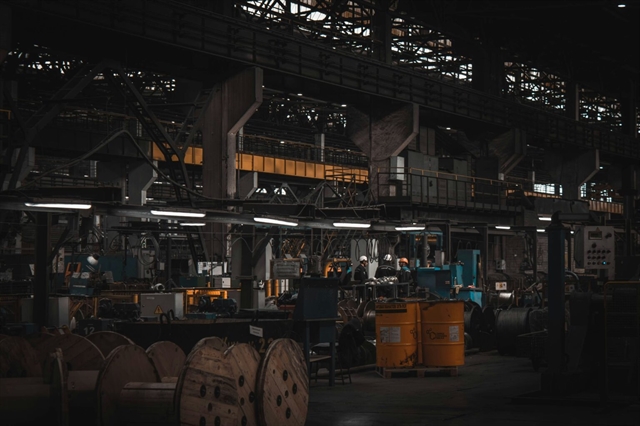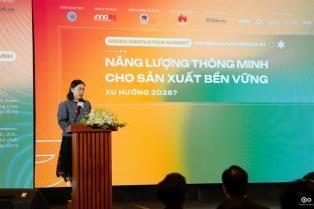A new report by Climateworks Centre (Monash University, Australia) proposed a tailored transition roadmap to help HCM City develop net zero industrial precincts.

HCM CITY — Decarbonising Việt Nam's booming industrial sector is critical to securing future economic success in the race to net zero emissions.
A new report from Monash University's Climateworks Centre outlines a roadmap to transform HCM City into a net zero industrial precinct (NZIP).
The concept of an NZIP is fairly simple: stakeholders working together to reduce greenhouse gas emissions and achieve net zero emissions within a specific geographic zone.
Rather than a single industry, company or government operating in a silo, everyone works together – building on the efficiencies offered by shared infrastructure, technology and investment – to accelerate the shift to renewable energy and electrification, and reap the resulting benefits.
Taking this place-based approach, the roadmap centres on five industrial zones that together account for more than 70 per cent of HCM City's industrial zones' energy use. These are Saigon Hi-Tech Park, Tân Thuận Export Processing Zone, Tân Tạo, Hiệp Phước and Đông Nam.
Climateworks Centre Vietnam Policy Manager and report author Ben Khuất said that NZIPs offer an opportunity to future-proof Việt Nam's industrial sector and, by extension, the entire economy.
“The transition to a low-carbon economy through the NZIP approach represents a new engine of growth for HCM City and a pathway to regional leadership,” Ben said.
“By enabling the city to efficiently upgrade its energy infrastructure, modernise production and foster collaboration, NZIPs can support local manufacturing industries to move up the global value chain, attract green investment and help HCM City remain competitive in the race to net zero."
While Việt Nam has maintained an average GDP growth of around seven per cent over the last two decades, among the fastest in the region, this rapid economic expansion has fuelled a sharp rise in emissions.
Emissions have surged by a staggering 140 per cent in just 10 years, with the industrial sector accounting for 54 per cent of national energy use. On a global scale, it is a similar story. More than one-third of global emissions come from industry.
“These numbers mean industry plays an essential role in reaching net zero by 2050 globally, and leveraging NZIPs can enable industry to drive down emissions at the scale and pace needed,” Ben said.
“HCM City can position itself as a regional leader for low-carbon production, where innovation and collaboration turn industrial transition into a powerful driver of economic growth.”
The report builds on a body of work identifying NZIPs across Australia and Southeast Asia. It was developed with support from the Centre for Consultation, Information, Economic Management and Business under the HCM City Institute for Development Studies. — VNS





